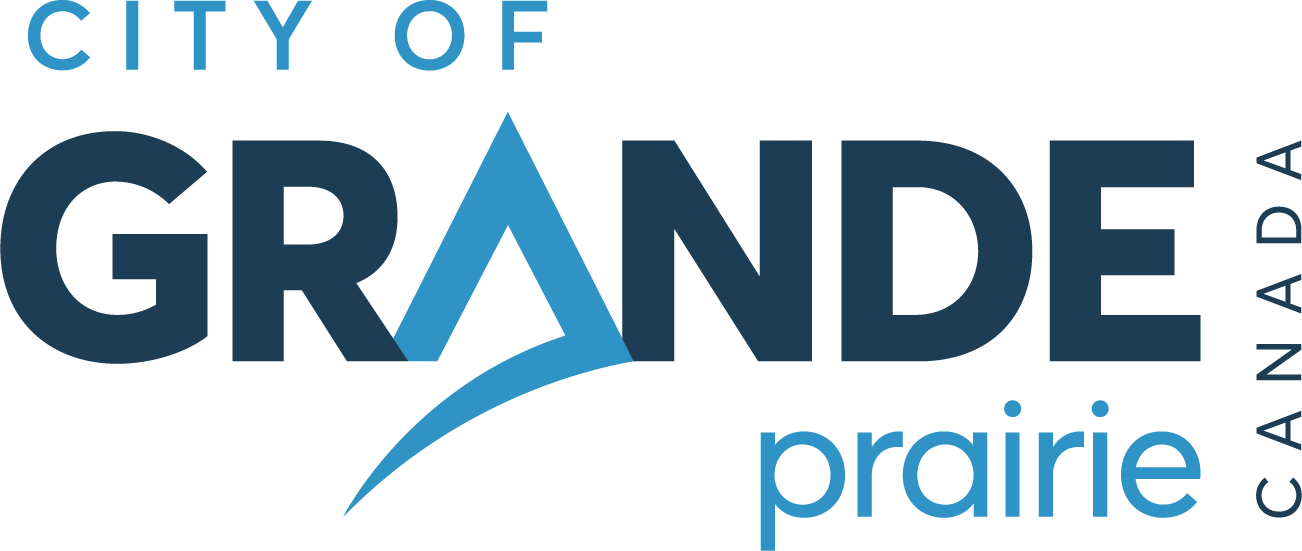Native and Non-Native Species in Grande Prairie
Grande Prairie’s ecosystem includes a wide range of native and non-native species. While not all non-native species cause harm, some become invasive and disrupt the natural balance of our environment.
Invasive species are non-native plants, animals or insects that spread quickly and aggressively. They often outcompete native species for food, water and habitat, causing long-term harm to biodiversity, local wildlife and the health of our ecosystems.
Impacts can include:
- Spreading disease to native species.
- Causing damage to natural areas and properties.
- Altering soil and plant systems.
- Increasing control costs for landowners and municipalities.
- Reducing food and habitat for native wildlife.
Preventing the introduction and spread of invasive species is one of the most effective ways to protect our local environment. Learn more at abinvasives.ca.
Feeding Wildlife
Feeding wildlife ,whether native or non-native, can create serious issues in both urban and natural environments. It may seem harmless, but feeding animals changes their behaviour and increases the risk of:
- Overpopulation and dependency.
- Attracting predators to neighbourhoods.
- Spread of disease among wildlife and pets.
- Property and environmental damage.
Feeding wildlife also leads to increased conflict between residents when animals begin damaging private yards or public spaces.
Don't Feed the Wildlife Printable Rack Card
Bylaw C-1103
To protect both people and wildlife, the City prohibits feeding wild animals within municipal boundaries.
Under Bylaw C-1103, it is illegal to place or allow any device or material that attracts or feeds wild animals on public or private property. This includes food such as fruit, vegetables, grains, pellets or other attractants.
Residents are required to remove feeding devices or attractants within 24 hours of receiving notice. Failing to do so may result in enforcement and fines.
By not feeding wildlife, residents help maintain a healthier, safer and more balanced environment for everyone.
